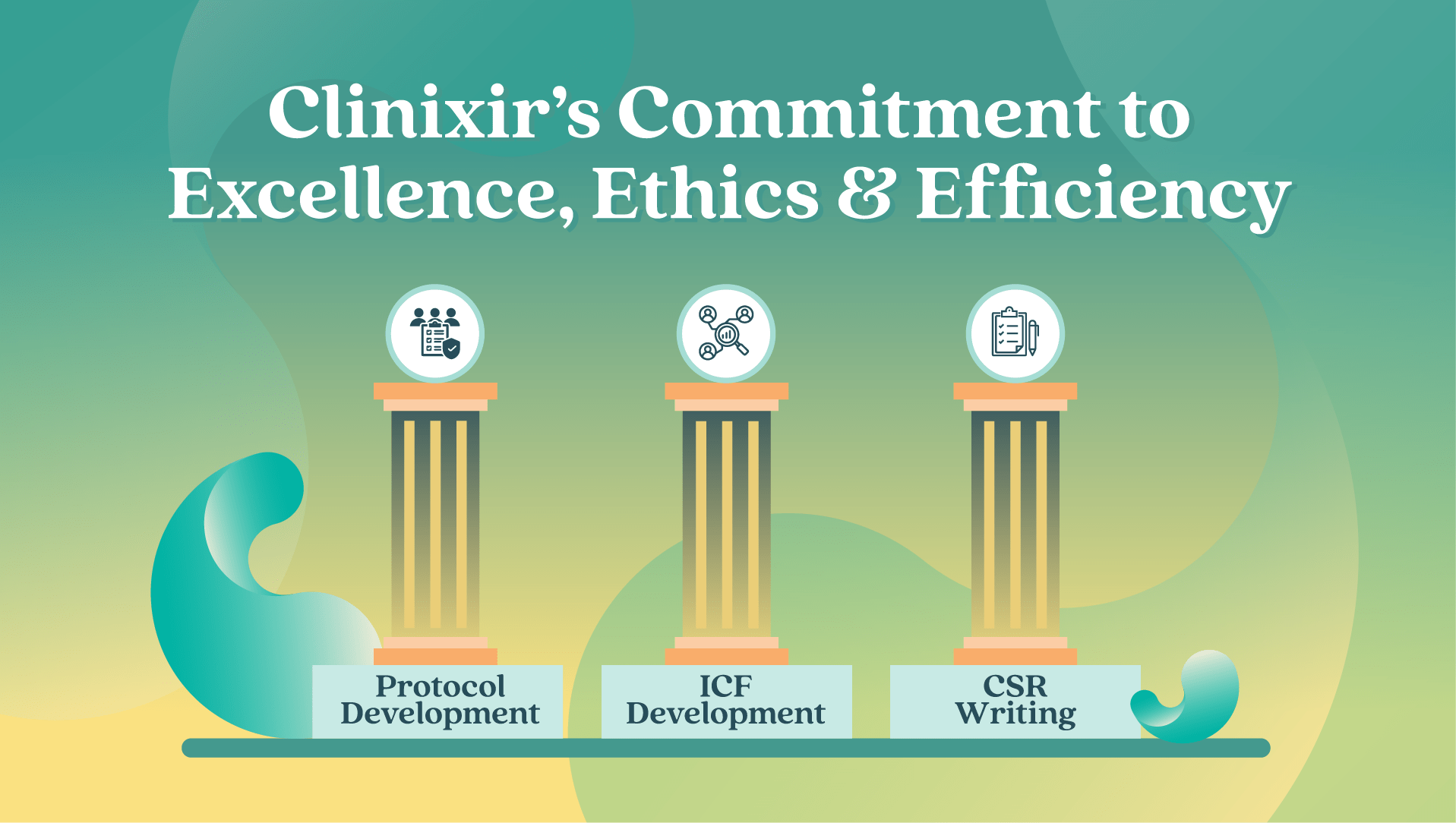The most common myths and fears regarding clinical trials originate from many decades ago, during the early development of research ethics. These misconceptions typically revolve around being mistreated, being subjected to dangerous new practices and medicines, having one’s privacy invaded, being unable to leave, and taking on a huge time commitment. In this article, we’ll dispel these myths one by one, as we highlight the development of modern protocols and ethical standards in the clinical field.
Fear #1: Being Mistreated
Let’s begin with the first misconception — that you’ll be mistreated without regard for your rights and dignity. The twentieth century indeed saw extremely disturbing experiments performed on human subjects. But these led to the establishment of institutional review boards overseeing the implementation of genuine ethical guidelines. In modern times, contract research organizations (CROs) around the globe must adhere to the strictest ethical standards and protocols when embarking on clinical human trials. Institutional review boards now play a central role in monitoring this type of research.
Every participant is informed of all risks and benefits, and treated with the utmost respect in every interaction surrounding clinical trials. If any CRO were to disobey these protocols, they would not only put themselves at risk of losing participants for their trials, but also jeopardize their reputation as well as their licenses. Although the world of clinical research continues to evolve, a firm foundation of research ethics has developed to strictly enforce the well-being of participants. Any form of mistreatment or harm to a participant is considered unacceptable, resulting in irreversible consequences for the CRO.
Fear #2: Being Subject to Dangerous New Practices and Medicines
The second misconception is based on the notion that dangerous new practices and medicines are used in clinical trials. In the clinical field, testing a new drug or treatment method on a human participant is not a simple matter. The International Conference for Harmonization of Technical Requirements for the Registration of Pharmaceuticals for Human Use Guidelines (ICH) came into effect in 1997. These technical requirements require that all clinical trials are properly documented, set up to be beneficial, backed with scientific proof, and in strict compliance with ethical standards.
Researchers must follow rigorous safety protocols during each trial, whilst under the careful supervision and enforcement of investigators. Moreover, the main purpose of the first two phases of a clinical trial are highly contingent on the safety of a new treatment or medicine.
Prior to being tested on humans, the first prerequisite is that each new treatment or medicine must be extensively studied and tested, until the treatment or drug is confirmed to be safe for human participants. Drugs and treatment methods used in clinical trials are regularly monitored and reviewed to minimize the risk of harm to participants. Therefore, those who enroll into trials can be assured that the drugs or treatment methods they encounter have been found safe after careful assessment.
Fear #3: Invasion of Privacy
The third misconception is based on the worry that information on participants is obtained without regard for their privacy. In the clinical field, patient information is treated with the utmost discretion, with safeguards against unauthorized access. Any misuse or sharing of said information without permission is considered malpractice. Any attempt to break the code of confidentiality would put organizations at risk of losing their licenses and their reputation.
At every level of operation, safety measures are implemented to protect participants from the unethical collection and misuse of their personal data. For example, during each trial, patients are made aware of which specific details will be collected, and how it shall be used. This information is highly specific to the clinical trial being conducted, and is kept separate from any personally identifying information – thereby maintaining anonymity throughout the process.
Fear #4: Being Unable to Withdraw from a Trial
The fourth myth comes from the assumption that participants will be unable to withdraw from a clinical trial upon enrollment. In truth, participants in every clinical trial are asked for their voluntary participation so as to affirm their right to withdraw at any time. Furthermore, withdrawal from a clinical trial does not entail any form of punishment, nor the loss of benefits. This framework ensures that participants are free from pressure, coercion, and persuasion. Moreover, explanations for withdrawal are not required, and all requests to leave are granted.
Fear #5: Clinical Trials are a Huge Time Commitment
It is true that clinical trials may take years before reaching phase 4: the licensing stage. While the timespan varies for every trial, the amount of attention given to the protocols and procedures remains the same. However, this arrangement does not necessarily mean that participants must frequently visit the hospital.
Participants may make their own assessments, choosing to take part in trials that accommodate their schedules. Naturally they will be compensated for their trouble, whilst also benefiting from the latest treatments prior to market availability.
Safety and Ethics Remain the Top Priorities in the Clinical Field
The development of research ethics and clinical trial protocols have come a long way since the first double blind controlled trial in 1943. Even then, trials had to be well-designed and under strict assessment by the British Medical Research Council. In the present day, clinical researchers may possess the most advanced tools at their disposal, but this does not mean that clinical trials have become easier to conduct.
In fact, the opposite has occurred; safety and ethics standards have necessitated harsh scrutiny, assessment, and reviewal of trials prior to allowing any form of testing on human volunteers. The misconceptions behind clinical trials can be easily dispelled through an understanding of the pre-clinical phases, peri-clinical phases, and safety protocols that CROs must strictly follow for all their research activities.
Safety is of paramount importance in the clinical field, and trials are long and complex.
By partnering with the right CRO, you can ensure that your trials are safe, well-researched, well-prepared, and more successful at producing clear and reliable data.
At Clinixir, we offer industry-leading services to help your organization develop better, safer, and more advanced treatments. Clinixir researchers have excellent experience in managing, caring for, and enrolling participants. Our clinical expertise, state-of-the-art methods, and cutting-edge technologies will enable your organization to put reliable drugs and treatment methods on the market, providing a better quality of life for the general public.
Contact us today to get started.
You May Also Like
These Related Stories

Selecting the Ideal CRO: 4 Key Factors for Successful Clinical Research Partnerships

The Essential Pillars of Professional Practice at Clinixir: Protocol Development, ICF Development, and CSR Writing



